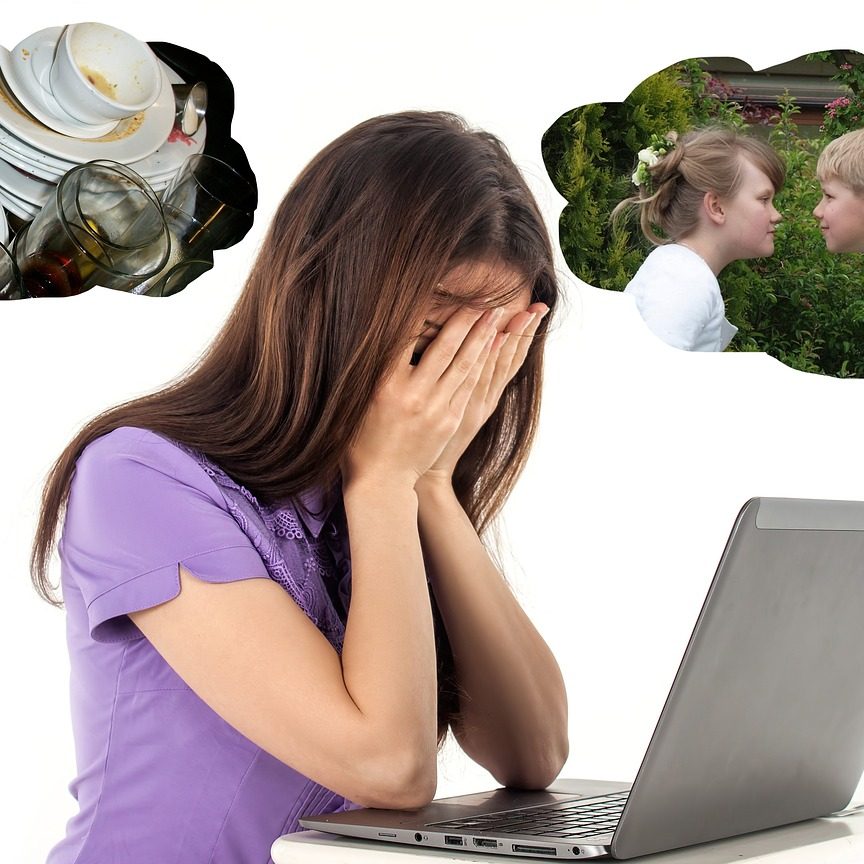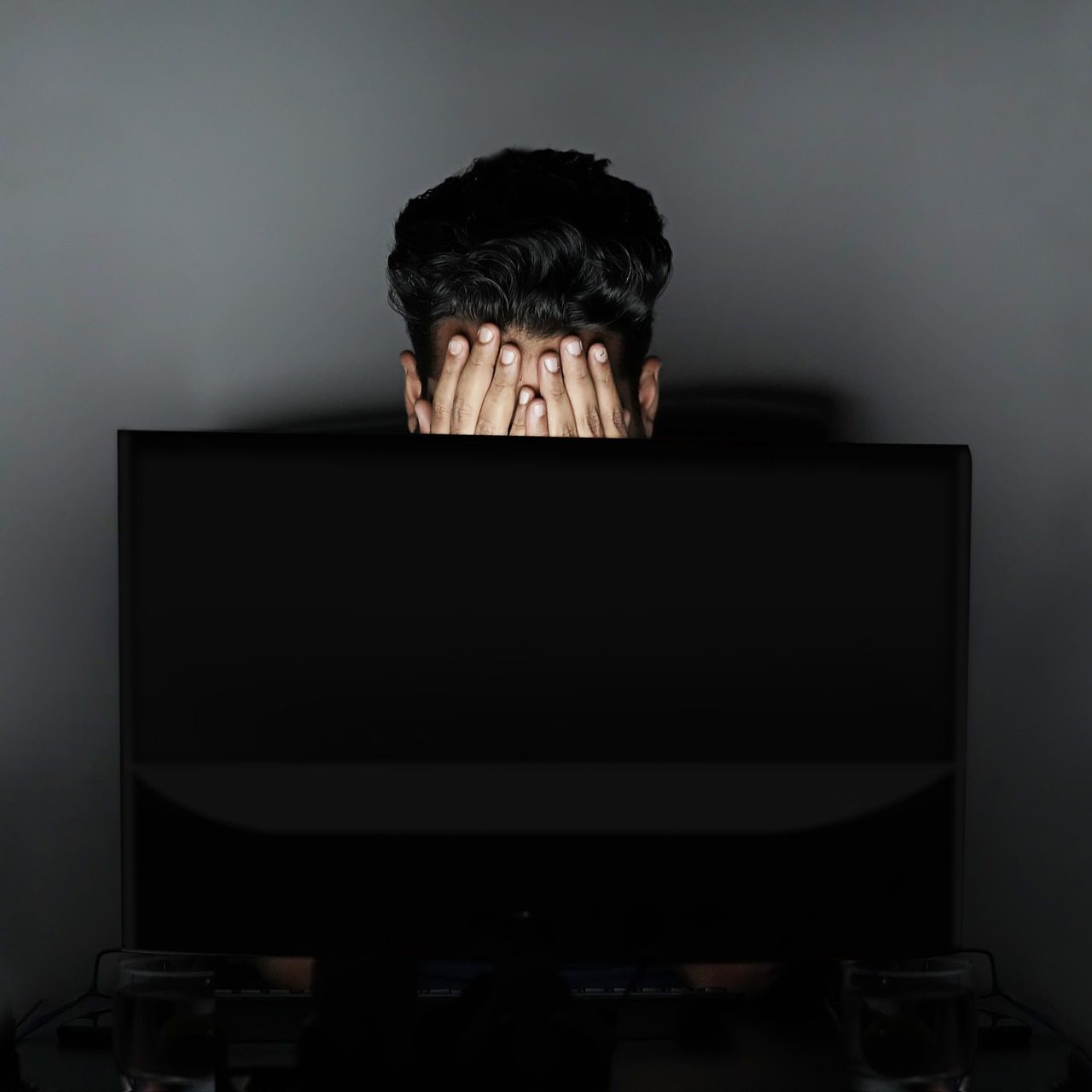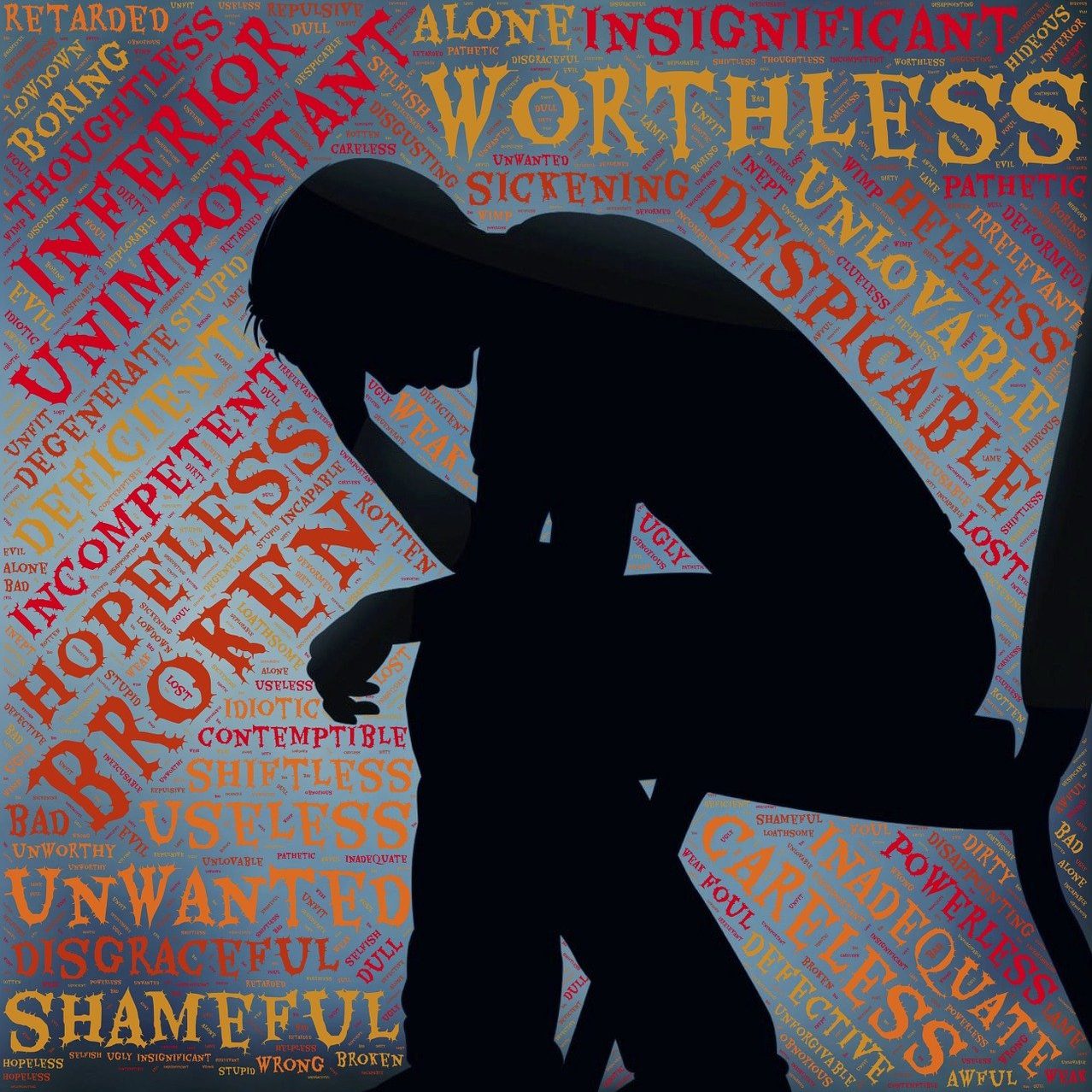Anxiety is a normal emotion that we all experience from time to time. It is normal and appropriate to be keyed-up (or anxious) before a football game, before speaking publicly, at exam time, before an important job interview, at xmas time with preparations, or it can be nerve raking when travelling overseas for the first time. Anxiety around events such as these are healthy as we need a certain amount of stress/anxiety to help us achieve our lifes’ goals or to motivate us to grow.
All of us have felt intensely anxious at times and it is estimated that about 5% of the population suffer from chronic anxiety and eventually panic attacks. Anxiety becomes a problem when worrying thoughts start to become more frequent and when we start experiencing other intense physical, cognitive and emotional reactions.
Anxiety is characterised by fearful anticipation of a possible unpleasant event. It is important to distinguish between anxiety and fear because they are often used interchangeably.
- Fear is the assessment of danger
- Anxiety is the unpleasant feelings and symptoms evoked when fear is stimulated
A person suffering from anxiety experiences an unpleasant emotional state characterised by symptoms such as heart palpitations, feelings of uneasiness, tension, nervousness, tremor, nausea, dizziness, immobility, inability to think clearly and, on some occasions, even the inability to speak.
Professor Aaron Beck from the university of Pennsylvania claims that people with anxiety disorders have unrealistic fears because they erroneously assess the danger associated with a particular situation. These erroneous assessments are usually due to one or more of the following:
- Over-estimating the chance of a dangerous event, e.g “the bus in which I am being driven is likely to crash”
- Over-estimating the severity of the feared event, e.g “if I lose my job I will be finished and I can’t see anything else for me”
- Under-estimating coping resources (what you can do to help yourself)
- Under-estimating rescue factors (what other people can do to help you)
Anxiety is a problem when it occurs in the absence of any real danger or when it continues long after the stress is over. If these sensations occur when you don’t really have to take action, it feels unpleasant. This is when anxiety begins to interfere with everyday life and it becomes necessary to learn how to control it.
Types of Anxiety Disorders
How We Can Help
We offer a comfortable, therapeutic experience so you feel safe and secure when reaching out for help.
Anxiety
Anxiety and panic attacks can be very debilitating. There are a number of types of anxiety disorders and our trained psychologists can help in overcoming them.
Work Stress
Workplace situations can add to an individual’s personal stress levels. We can offer interventions and methodologies to assist in dealing with these stressors.
Relationships
Successful healthy relationships take work and can be difficult to succeed with. Our counsellors can offer guidance and assistance in helping you and your partner get there.
Depression
A very common problem which ranges from mild depression to clinical depression of which there are a number of types. Along with counselling – relaxation, positive thinking, diet and exercise can also help.
Self Esteem
Problems with how satisfied we are of ourselves can be changed. Individuals can do this but sometimes the help of a professional is needed, especially if low self worth is the result of other problems such as depression or anxiety.
AusPsychology
Our caring and highly qualified professionals in Brisbane are university trained, registered with the psychologists board and members of the Australian Psychological Society. They have extensive knowledge, skills, and experience in understanding people and their behaviour.
Get In Touch
07 3367 0333
Find Us
Milton Village Medical
Level 1/36 Baroona Road
Milton QLD 4066




